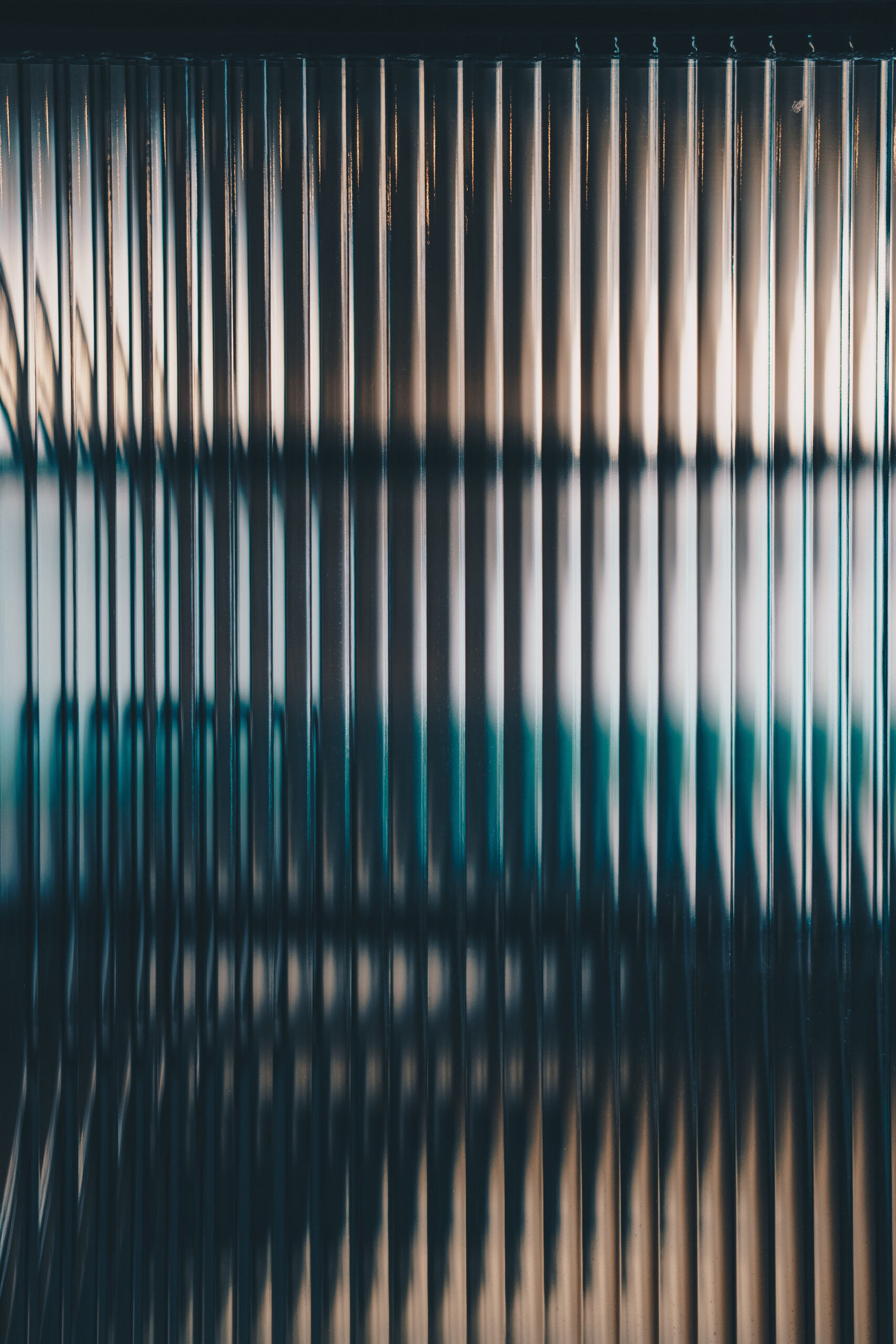With hospitality life on its current hiatus (cheers Boris, you pr**k), hospitality workers have had more time to get some shut eye. But despite the break from long-shifts and high stress environments, why are we still waking up feeling tired and sluggish?
For once, the answer may be at the bottom of the bottle. But not in the way you may think.
Let’s face it, 2020 was a bit of a shit year and many of us found ourselves drinking more and habitually using alcohol as a method to send us off to dream land. But the truth is, drinking regularly – even moderately – is more likely to hinder your sleep than assist it. Research has shown drinking before bed – even a few cheeky ones at knock off – has been linked to poor sleep quality and duration.
The Sciencey Bit. How does alcohol affect our sleep?
Now you may be thinking of all those times when you’ve come home from drinking and have been asleep before your head even hit the pillow. Well yes, it’s true, booze may help you get to sleep quicker, but the problem occurs while you sleep.
To better understand how alcohol affects sleep, we need to explore the four stages of our sleep cycle. These stages consist of three non-rapid eye movement (NREM) stages and one rapid eye movement (REM).
Because of alcohol’s sedative affects, it suppresses REM which is thought to be the important restorative phase our bodies need daily. This disruption in our sleep cycle leaves us feeling tired the next day. This is also to blame for that ‘zombie’ feeling and why the only decision we manage to make is what hangover food to order.
It’s important to be mindful of self-medicating during these times of fatigue. Waking up groggy and drained, may have you reaching for the coffee during the day and then relying on alcohol again to offset these stimulants at night. The occasional night cap is no biggy, but a mindful night-time regime will have a far more positive affect on your sleeping patterns.
Tips for sleeping.
If you have indulged in a few bevvies during lockdown, there are some things you can do to help you sleep afterward.
- Give your body time to process the alcohol – It is recommended you cut yourself off at least 3 hours before your planned bedtime. Although there is no one rule as every individual reacts differently to alcohol.
- Avoid Caffeine – Alcohol and caffeine are more likely to keep you up (I’m looking at your Espresso Martini). avoid caffeine at least 4 hours before bed. Don’t forget the caffeine in chocolate, fizzy drinks and tea too!
- Don’t smoke a few hours before bed – nicotine doesn’t get the rep of caffeine however it is another stimulant and is also strongly linked to sleep cycle disruption. For a more restful sleep avoid smoking 3 hours before bedtime if you can.
- Avoid screens – Bright lights from phones, TVs, computers and tablets suppress the production of melatonin, altering our body’s biological clock. Melatonin controls our sleeping/waking cycle. Avoid screens at least 30 minutes before you try to sleep.
- Deep Breathing – Deep breathing exercises calm your central nervous system and helps you relax. Practice this mini-meditation called 4-7-8 breathing. Inhale for a count of 4, hold for 7 and exhale for 8. Repeat
